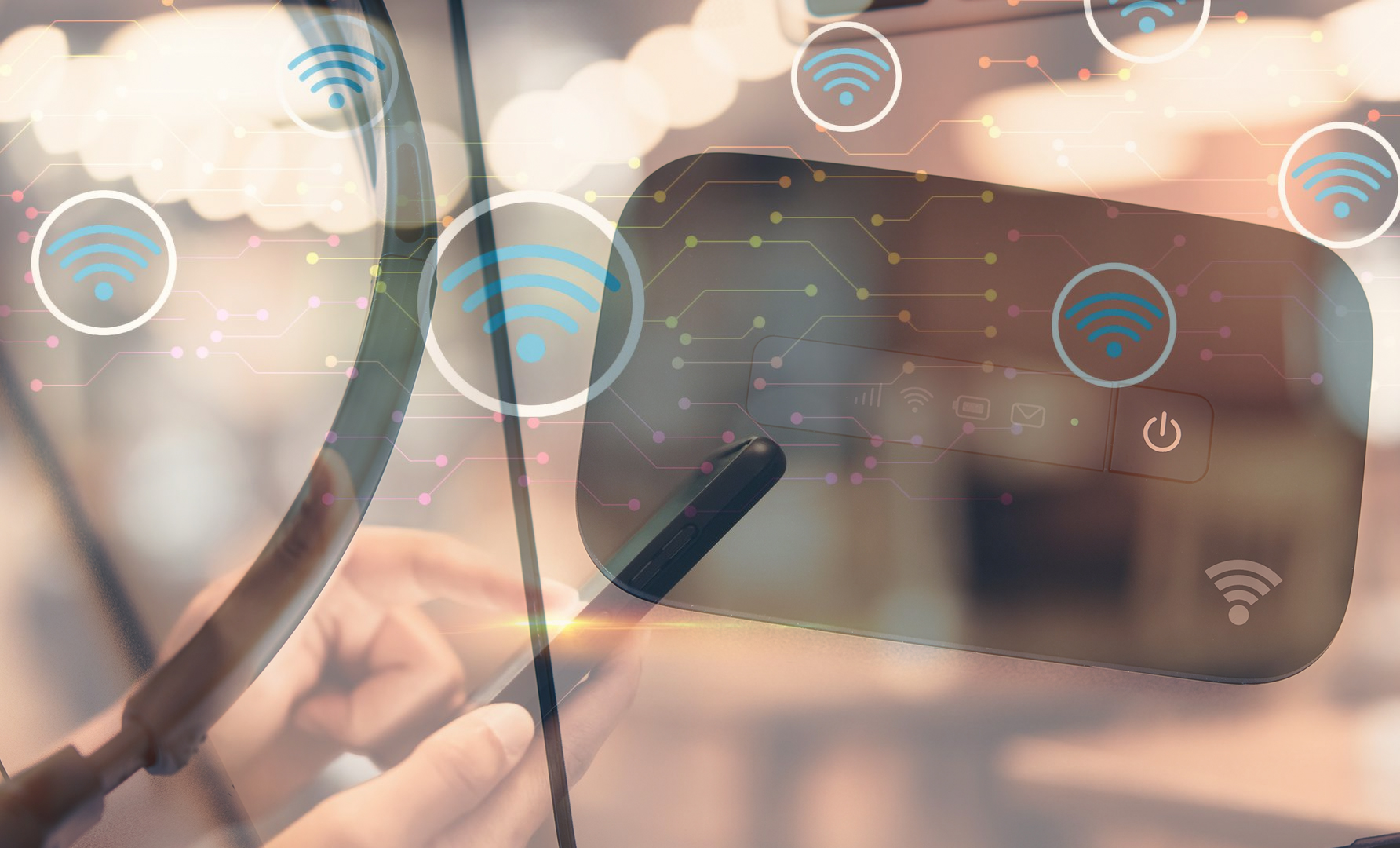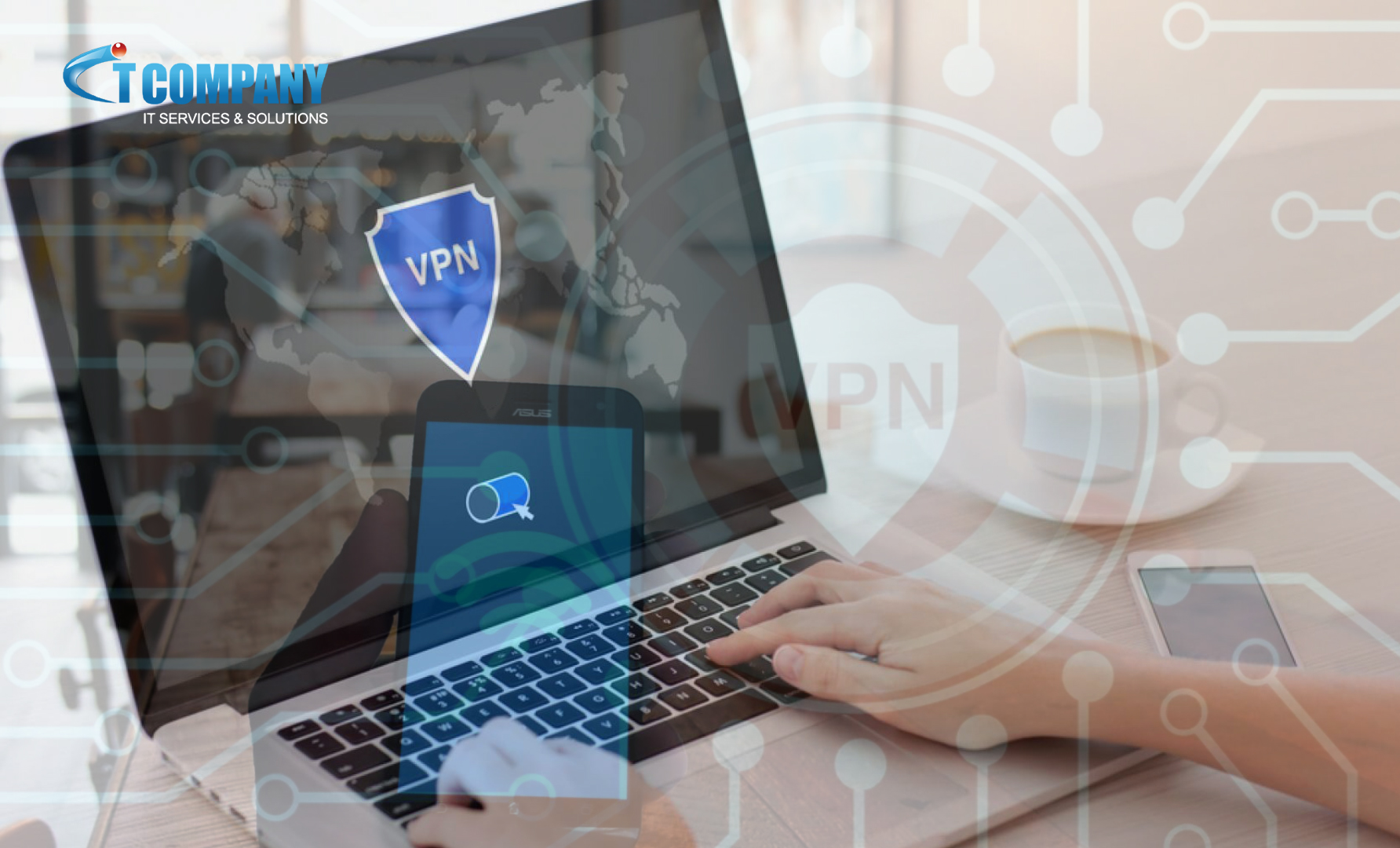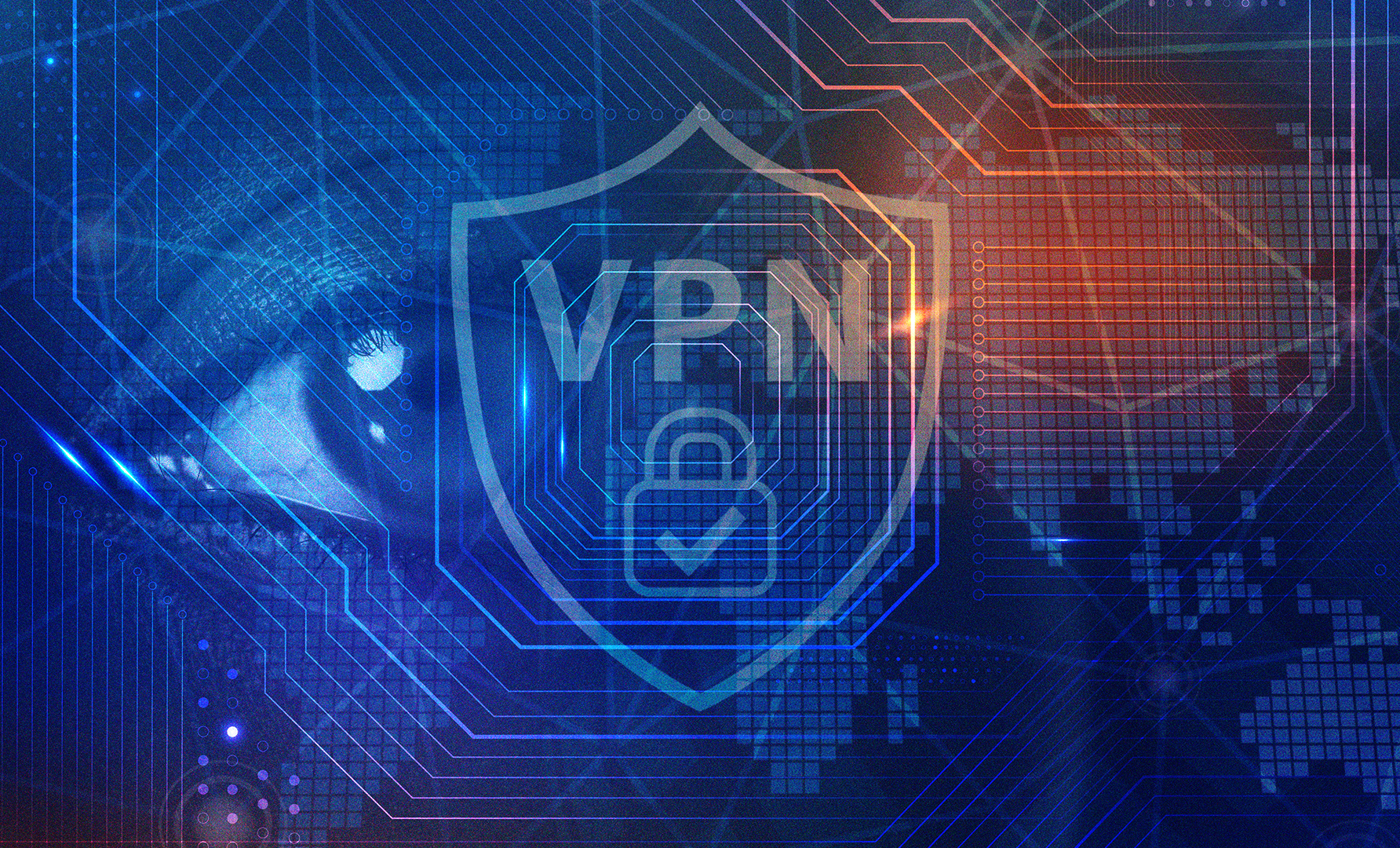By using unsecured public wi-fi, don’t jeopardize your privacy during your holiday travels.
This holiday season it’s expected that over 113 million travelers are preparing to travel to the United States. More are likely to go around the globe as well.
Traveling frequently entails spending extended periods of time waiting at an airport or railway station, in a car, or on an aircraft. While waiting people often use public Wi-Fi to stream media, view YouTube videos, or scroll through social media feeds. This is where one of the fastest VPN services comes in useful and is a must-have throughout the holiday season.
So, what is a VPN?
A VPN is software that masks your true IP address while encrypting all data sent from your device. This prevents hackers from attempting to use a public connection to get access to your device.
A VPN masks your IP address while encrypting your data inside an encrypted VPN tunnel. As previously stated, unscrupulous actors attempting to steal your data may readily abuse public Wi-Fi. You may establish a layer of safety over your most sensitive information by simply downloading and activating your VPN. Then you may rest on your vacation without worrying about your privacy.
41% of users do not use a VPN at all
According to a recent poll, the majority of consumers are still not utilizing such protection software while connecting to a vulnerable public Wi-Fi network.
Ask any cyber security website professional, and you’ll likely receive the same answer. The days of only needing corporate VPNs are long gone. To protect their online existence in today’s digital world, every user must utilize the fastest and most secure VPN. This is especially true for people who often connect to open internet hotspots. Unfortunately, most of us are still not adhering to this key privacy-friendly habit.

According to a recent poll of 1,000 American users aged 18 or older, almost 56% of people do not utilize a VPN using public Wi-Fi. Worse, 41% do not utilize any type of security software at all.
While the threat exists all year, the hazards increase over the Christmas season since people are more likely to use the internet from various countries and/or public networks.
Stay protected with these tips
A security service website has compiled a list of the most prevalent threats here are the important points:
Be wary of shady Wi-Fi connections: It’s true that airports and railway stations always provide tourists with their free legitimate network. However, hackers may conceal themselves behind a similar malicious network in order to deceive inattentive tourists and steal their credentials. Be wary of names like ‘Free Airport Internet,’ and turn off the possibility to connect to adjacent networks automatically.
Using public USB charging outlets might be risky: Yes, fraudsters may simply enter your device via public USB stations. Avoid congested regions. The same is true when utilizing USB cables belonging to strangers.
Don’t fall for travel-related phishing campaigns: As your vacation approaches, you will most likely get information through email or SMS. Unfortunately, hackers can also try to con you by using travel-related phishing schemes. Be wary of communications that encourage you to click on dubious links or promise you vacation offers that seem too good to be true.
How a VPN Can Assist
Reliable VPN services are also required for browsing the web anonymously under all conditions. Furthermore, it prevents inquisitive governments and malevolent actors from obtaining your data. That’s something to consider if you’re planning a vacation to a country with extensive surveillance practices.
A VPN is the ideal tool for accessing prohibited social networking platforms, applications, and websites. This is also quite useful for keeping up with your favorite TV series when traveling. You can also use it to avoid the stringent web restrictions that certain nations impose within their borders.
It should be noted that totalitarian nations may prohibit VPN use. This makes it critical for even visitors to such countries to use a service linked with obfuscation technology to bypass these restrictions.







